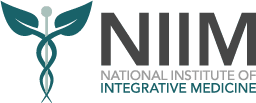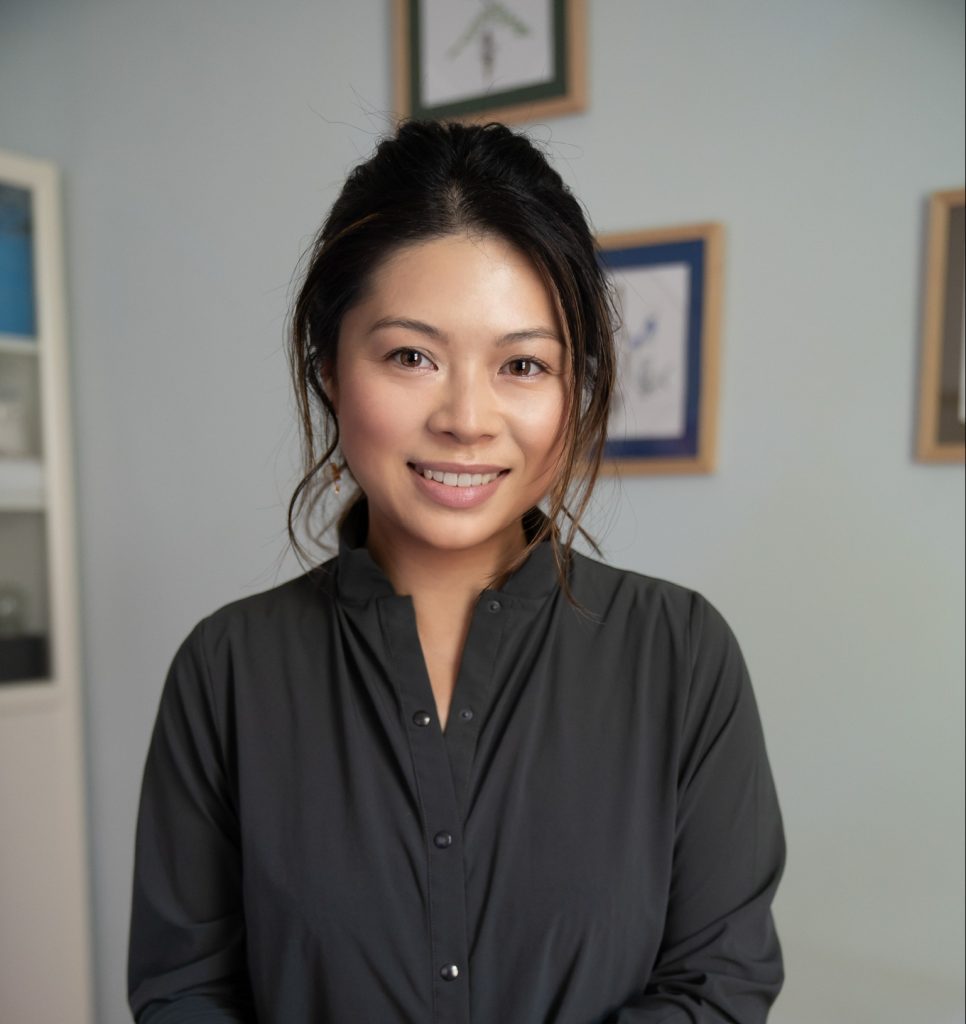What is Chinese Medicine?
Chinese Medicine, also known as Traditional Chinese Medicine (TCM), is an ancient system of healing and health management, originally practiced in China and other parts of East Asia. The two major modalities of Chinese medicine are Chinese herbal medicine and acupuncture; however diet, exercise and lifestyle advice are also important components.
Chinese medicine is underpinned by a philosophy of holism: the mind and body are seen as intrinsically connected, and the human and environment are seen as interdependent. Emotional, mental, and environmental factors are taken into account to understand the root cause of an illness. Ill health is fundamentally seen as an imbalance within the person.
The aim of Chinese medicine is to restore balance and harmony. In Chinese medicine, conditions are understood to have subcategories or patterns of disharmony, and these are characterized by particular signs and symptoms. Thus, two people may have the same disorder or condition, but may have different underpinning patterns. Treatment with Chinese herbal medicine and/or acupuncture addresses not only the disorder or condition, but in particular, the underlying pattern of disharmony. Herbal formulae (combinations of herbs) and acupuncture prescriptions are individualized to the patient. Consequently, the choice of herbs and acupuncture points may be quite different for two people with the same condition.
Chinese herbal medicine and acupuncture are used for a wide range of conditions including musculoskeletal conditions, skin conditions, digestive problems, gynaecological problems, neurological conditions and others. Chinese medicine has a long history of experiential evidence based on thousands of years of practice, and increasingly, there is also a growing body of scientific evidence for its efficacy in the treatment of various conditions.
What can I expect from my consultation?
In your first consultation, your Chinese medicine practitioner will take a case history, asking you questions about your current health concerns, past health history, and family history of illness. Your practitioner will also look at your tongue (tongue diagnosis) and feel the pulse on both wrists (pulse diagnosis)- these techniques are somewhat unique to Chinese medicine and tell the practitioner about the state of functioning of the body, according to Chinese medicine theory.
Your practitioner will work with you to develop an individually tailored health management plan. This may include Chinese herbal medicine, Chinese diet therapy, acupuncture, exercise therapy and/or lifestyle advice.
Consultations run for 30, 45 or 60 minutes. Most people require a treatment term of 3-10 sessions, which can be spaced weekly, or more or less often, depending on the health issues being addressed.
TCM Practitioners at NIIM Clinic
View below for practitioners at NIIM that practice TCM:
How to make an appointment
To make an appointment for a TCM consultation, please contact NIIM Clinic reception on (03) 9804 0646.



